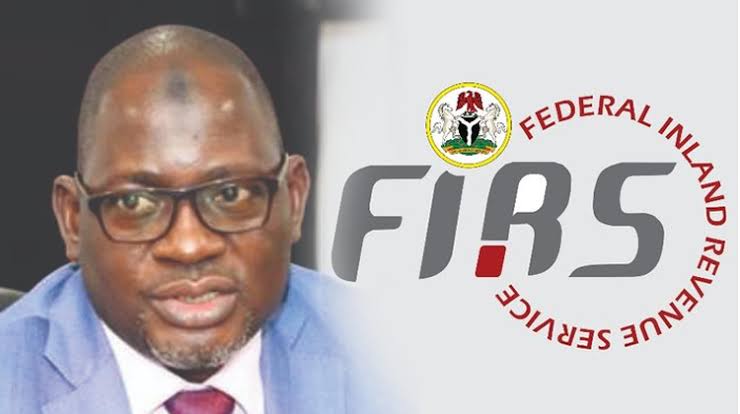News
igaming Tax: How Nigeria is missing out

In the past couple of years, there have been increased conversations around the murky subject of betting taxes in Nigeria.
As at 2020, reports were rife that the Federal inland Revenue Service (FIRS) was set to start taxing betting activities.
It was reported that the agency had drawn up a proposal to ensure that a Value Added Tax of 7.5 was applied to the online betting industry.
The move by the FIRS is hardly surprising as Nigeria is a top hub for online sports betting on the Continent.
Second, the customer base and the current revenue figures are staggering, such that bookies offer various types of freebies to new customers in order to get a large chunk of the customer base.
As it stands, there is a massive pool of free bet offers for new and existing customers on various online betting platforms.
Most analysts are of the opinion that other than awarding these bonuses and settlement of winnings, the Bookmakers hardly contribute towards the economic development of the country and the revenue drive of the country, therefore it is a step in the right direction.
However, betting companies under the aegis of the Bookmakers Association of Nigeria kicked against such a move, arguing that it was impractical to tax winnings on betting.
Similarly, the Director General of the National Lottery Regulatory Commission (NLRC), Mr. Lanre Gbajabiamila, opined that it would be difficult, if not almost impossible to implement such a plan.
He stated that rather than impose a 7.5 VAT on betting stakes, it would be more plausible to charge VAT on winnings before payout.
Since the stakeholders conference in February of 2020, plans regarding introduction of betting taxes have stalled until recently.
The issue of betting taxes in Nigeria is now back on the front burner.
At the beginning of October, the World Bank recommended that the Federal government of Nigeria should look into betting taxes as a way of increasing revenue.
Nigeria’s economy has been badly hit in the last few years owing to a massive decline in revenue, and the World Bank is of the opinion that the gambling industry is an untapped goldmine.
Rajul Awsathi, a senior official of the World Bank proposed it during a consultation forum on the 2023 Fiscal budget.
He stated that the betting industry presents a veritable opportunity for the government to address some of the monetary shortfalls.
If implemented in 2023, there is a projected 114 billion in revenue for next year.
By the end of 2024, the revenue from betting taxes is expected to hit around N160 billion.
What Is Obtainable in Other Countries?
As far as betting taxes go, the East African country of Kenya is leading the way.
Currently, there is a 7.5% tax on betting stakes and a further 20% on winnings. The bookies are required to withhold and remit to the Kenya Revenue Authority (KRA).
There is a similar tax regime in Uganda where a 15% tax is charged on winnings which is deducted by bookies for onward payment to government coffers.
In July, Tanzania introduced a 12% and 10% taxes on casino and sports betting winnings.
Even closer to home, Ghana are closer to introducing betting taxes more than ever before.
Will the Bookmakers Buckle Under Pressure?
The position and the body language of the bookmakers are clear. They are not in favour of any form of tax on betting stakes or winnings.
From the look of things, the bookies will continue to kick with the potential loss of revenue when the taxes are in place, a possible fall out.
As it stands, the NLRC are not in tandem with the FIRS and that could buy the betting companies some time to hold out.
Many have argued that they are only out to protect their business interest and there is no real value given to the customers aside from bonus offers.
Irrespective of the side you are on, it is clear for everyone to see that the implementation of betting taxes is a matter of when and not if.
Join the conversation
Support Ripples Nigeria, hold up solutions journalism
Balanced, fearless journalism driven by data comes at huge financial costs.
As a media platform, we hold leadership accountable and will not trade the right to press freedom and free speech for a piece of cake.
If you like what we do, and are ready to uphold solutions journalism, kindly donate to the Ripples Nigeria cause.
Your support would help to ensure that citizens and institutions continue to have free access to credible and reliable information for societal development.






















